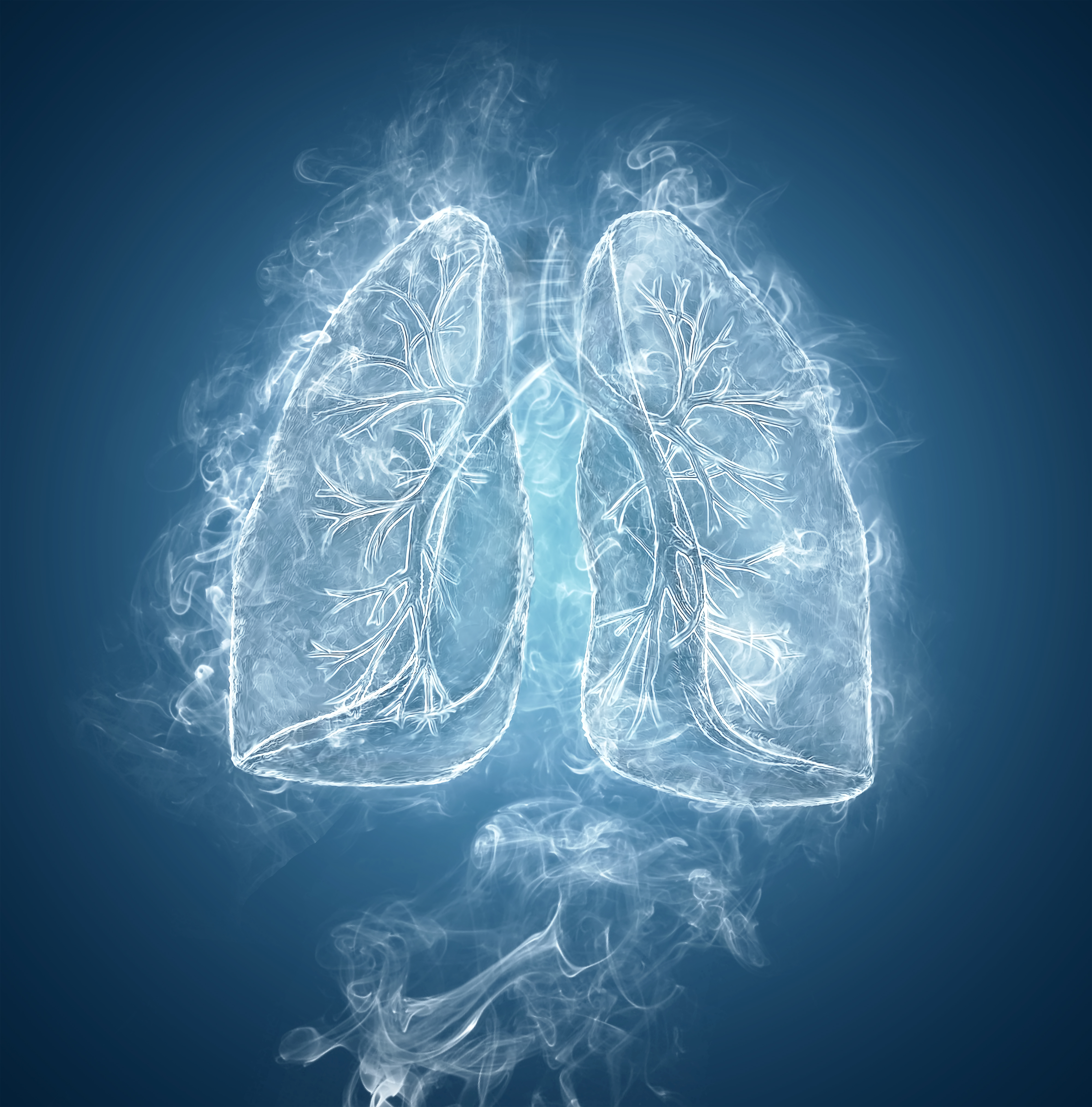A new study on an experimental model of pulmonary paracoccidioidomycosis induced by the fungus Paracoccidioides brasiliensis (Pb) showed that pentoxifylline (PTX) therapy administered at an “early” stage of granulomatous inflammation could control the progress of this inflammatory condition into lung fibrosis. The study entitled “Pentoxifylline immunomodulation in the treatment of experimental chronic pulmonary paracoccidioidomycosis” was published in Fibrogenesis & Tissue Repair by researchers from the Corporación para Investigaciones Biológicas and Universidad Pontificia Bolivariana Medellín in Colombia.
Inflammation is a common process in the pathogenesis and progression of many diseases. The therapeutic use of pentoxifylline (PTX), a methylxanthine compound with immunomodulatory and antifibrotic properties, has been studied alone or as an adjuvant therapy in different conditions, including infectious processes, with positive effects. Importantly, PTX has been used in combination with amphotericin-B, an antifungal drug often used intravenously for systemic fungal infections, to improve survival and to decrease fungal burden in cerebral cryptococcosis.
In this study, the research team used the experimental model of pulmonary paracoccidioidomycosis (PCM), a systemic fungal disease caused by the fungus Paracoccidioides brasiliensis (Pb) characterized by chronic inflammation and lung fibrosis that appears even after anti fungal treatment. They evaluated the effect of pentoxifylline on the host response mainly during the development of pulmonary lesions and on the local immune response to PCM. For this, the authors compared the lungs of Pb-infected mice with or without treatment by using high-resolution computed tomography (HRCT), histopathology/histomorphometry, and assessments of the levels of cytokines, chemokines, and growth factors.
The researchers observed significant reduction in inflammation and fibrosis when compared with single itraconazole, a triazole antifungal. The study showed that PTX therapy administered at an “early” stage of granulomatous inflammation diminished the pulmonary inflammation and the fungal burden and prevented the appearance of collagen deposits in the pulmonary lesions and ultimately lung fibrosis.
Although the research team observed a positive PTX effect during the development of pulmonary lesions in Pb-infected mice, they acknowledge some limitations to their study such as the exclusive focus on the lungs and other organs not included in the study, the evaluation of fungal dissemination and the characterization of the IFN-γ-producing cells. The authors point out these and other issues should be investigated in future studies.

